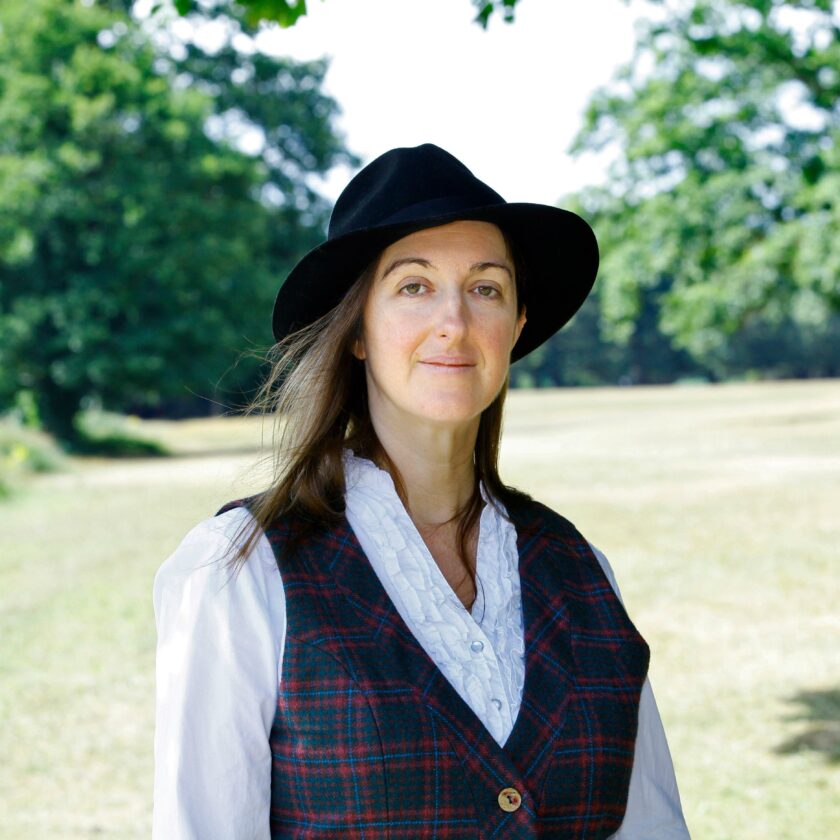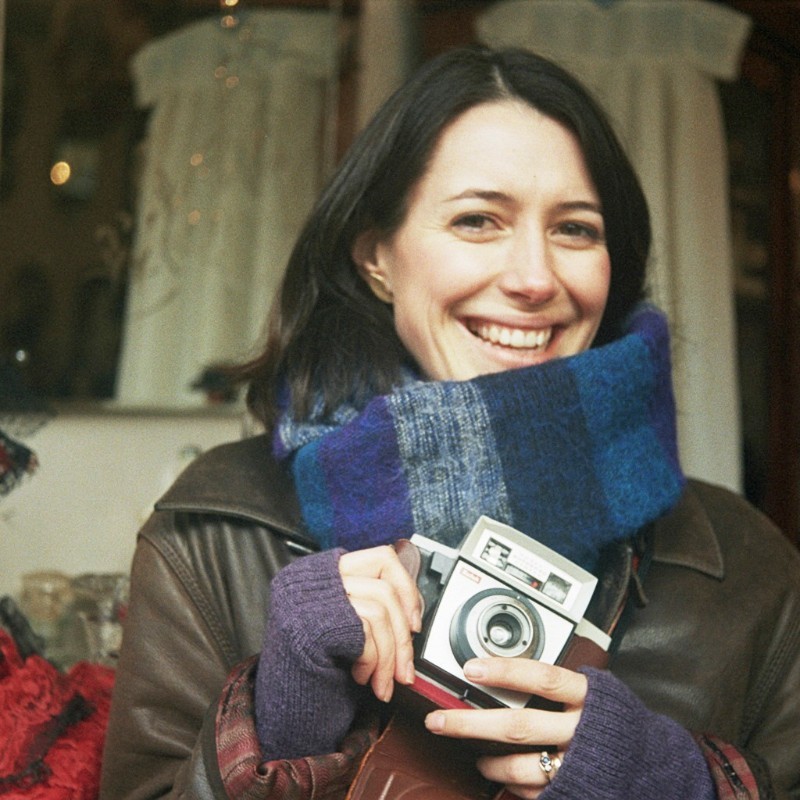At this year’s Gaudy for alumni who matriculated between 1992 and 1999, we were lucky to hear two very memorable speeches.
The first, by Tabitha Ross (1999, English), traced the etymology of the phrase ‘Gaudy Night’ via Dorothy L Sayers’ eponymous novel all the way back to Shakespeare’s Anthony and Cleopatra. In these literary exemplars, Tabitha found ample justification for Somervillians to charge their glasses once more and ‘mock the midnight bell’.
The celebrated author Frances Hardinge, meanwhile, took us on a journey back to the moment she fell in love, first with Oxford and then with Somerville. It was the very special welcome Somerville extended, tempering intelligence with kindness and an invitation to intellectual growth, that distinguished it. As Frances says, ‘Oxford enchanted me, but it was Somerville that welcomed me.’
There are plenty more insights in both speeches, including the recollection of late-night escapades and epiphanies. Both speeches are reproduced in full below, so that Somervillians everywhere can share these special memories.
Frances Hardinge (1992, English)

Frances Hardinge
Oxford seduced me on my first visit, within five minutes of leaving the train station. It wasn’t just the city’s beauty, it was its charismatic contrariness – the sometimes baffling layout, the mix of youthful and ancient and the atmosphere of licensed oddity. There was something unfamiliar and exciting adrift on the air.
“I have to come here,” I remember thinking. “I can think better here.”
Unfortunately, my first Oxford University interview was a disaster. I’m not going to say which college it was – one of the older, grander colleges full of sandstone splendour. I turned up, a painfully shy teenage candidate, and was given a key to my room, then was left to my own devices, waiting for two days to find out when my interview would be. By the time I faced my interviewers, my vision was jumping with every heartbeat, and I was a panicky, gibbering mess.
My interview at Somerville couldn’t have been more different. From the moment we arrived, the candidates were looked after by student volunteers. They sat us down in front of an action movie video, and ran out to buy us chips. A very kind girl called Rhona walked me to my interview so I wouldn’t get lost. At the door, she told me how to identify each of my interviewers by the colour of their pop socks. (I didn’t even know what a ‘pop sock’ was, but it sounded cheery and unthreatening. I couldn’t be afraid of somebody in pop socks.)
One of my interviewers was Professor Katherine Duncan-Jones, the much-missed KDJ. She fixed me with her astute gaze, and somehow I knew that she wasn’t waiting to catch me out. In fact, she looked at me with warm expectancy, as if she thought I might have something interesting to say, and with her encouragement I found that I did. It was only much later that I discovered that she had a history of coaxing shy, quivering candidates out of their shells. (If I’d had another interviewer, my life might have taken a very different course, and I might not be standing here today.)
Oxford enchanted me, but it was Somerville that welcomed me.
The college was a haven, but not a convent-like retreat. Most Somervillians of my acquaintance were outward-looking and adventurous. Somerville was our dovecote, a safe and nurturing place to rest when we weren’t trying out our wings.
And we really did try our wings out in all directions. I had the regulation number of romantic misadventures, developed a feud with the Cherwell ducks, and once spiked my foot on a railing while climbing into a graveyard at night with some friends, so that we could read Edgar Allan Poe among the graves. (As it turned out, the gate to the graveyard was actually unlocked.)
On another occasion I woke up in my college room wearing somebody else’s bow tie, with something written on my wrist in biro, and with a pocket full of sweetcorn, and no idea how any of them had got there.
But I also forged enduring friendships, fell in love with a hundred authors and had three-in-the-morning conversations which blew my worldview apart. All the while Somerville was there as a safe, accepting space.
If Somerville were a person, I would imagine them as someone with keen, wise eyes, who would sit you down with very good tea in a very old mug. They would listen to you without judgement, and somehow understand everything you were afraid or ashamed to put into words. And even if you shared your secret anger or most outrageous ambition, they wouldn’t laugh, for behind their mellow twinkle lies a seasoned revolutionary.
At least, that’s my Somerville. You’ve probably all found your own.
Not long ago, I returned to Somerville for the memorial service for Professor Katherine Duncan-Jones. It’s always dangerous to return to a place that you have truly loved, because reality has a way of dispelling the golden halo of memory.
But when I walked into the quad, and saw the college in the brilliant sunshine – lawns gleaming, tulips blazing like beacons – it looked exactly like the ideal Somerville I’d been carrying around in my head. There it was, still luminously real, and still telling me that I was welcome.
And now I would like to ask you to raise your glasses in a toast to Old Somervillians!
Tabitha Ross (1999, English)

Tabitha Ross
In preparation for this evening, I set to read Dorothy Sayers’ 1935 novel Gaudy Night, which opens at a gaudy at the imaginary Shrewsbury College, based on Sayers’ own alma mater Somerville.
Like this one, the gaudy takes place at the end of summer, before the students are back. I was rather struck by one particular passage..
‘They stepped out together into the New Quad. The moon was up, painting the buildings with cold washes of black and silver whose austerity rebuked the yellow gleam of lighted windows behind which old friends reunited still made merry with talk and laughter.
“It might almost be term time” said Harriet.
“Yes.” Miss de Vine smiled oddly. “If you were to listen at those windows, you would find it was the middle-aged ones who were making the noise. The old have gone to bed, wondering whether they have worn as badly as their contemporaries. They have suffered some shocks, and their feet hurt them. And the younger ones are chattering soberly about life and its responsibilities. But the women of forty are pretending they are undergraduates again.”’
When people ask me about my time at university, I always reply “I was lucky enough to be extremely happy”. This, I believe, is due to the good fortune that landed me at Somerville, no other college. From my first experience of coming here for interview, I felt my tutors, KDJ and Fiona Stafford, were trying to find out what I did know, not catch me out in what I didn’t. What a privilege to be taught by world-leading experts in the subject I loved, who nevertheless took the time out to be encouraging and kind.
It used to say in the Oxford University alternative prospectus that Somerville was ‘down to earth and friendly’. This was certainly my experience. Instead of strange and exclusive traditions, I found like-minded and idealistic people. I found my best friends here, not to mention my husband. We were bonded by experience and emotion – having late-night essay crises, midnight bagels in G&Ds, endless cups of tea in each other’s rooms, dancing the night away in Fifth Avenue and the Zodiac. All the while inspired by beautiful surroundings and new ideas.
Even at the time, I could not believe how lucky I was. Looking back now, with the passage of time, it seems even more precious.
The phrase ‘gaudy night’ actually comes from Shakespeare, surprise surprise. Maybe Anthony was thinking of his university days when he said to Cleopatra,
‘Come, let’s have one other gaudy night. Call to me All my sad captains. Fill our bowls once more. Let’s mock the midnight bell.’
Perhaps ‘mocking the midnight bell’ is what Sayers’ ‘women of forty’ were doing when they were pretending to be undergraduates once more, and it is certainly what I propose to do tonight.
Please join me in raising a glass to our wonderful college – to Somerville!